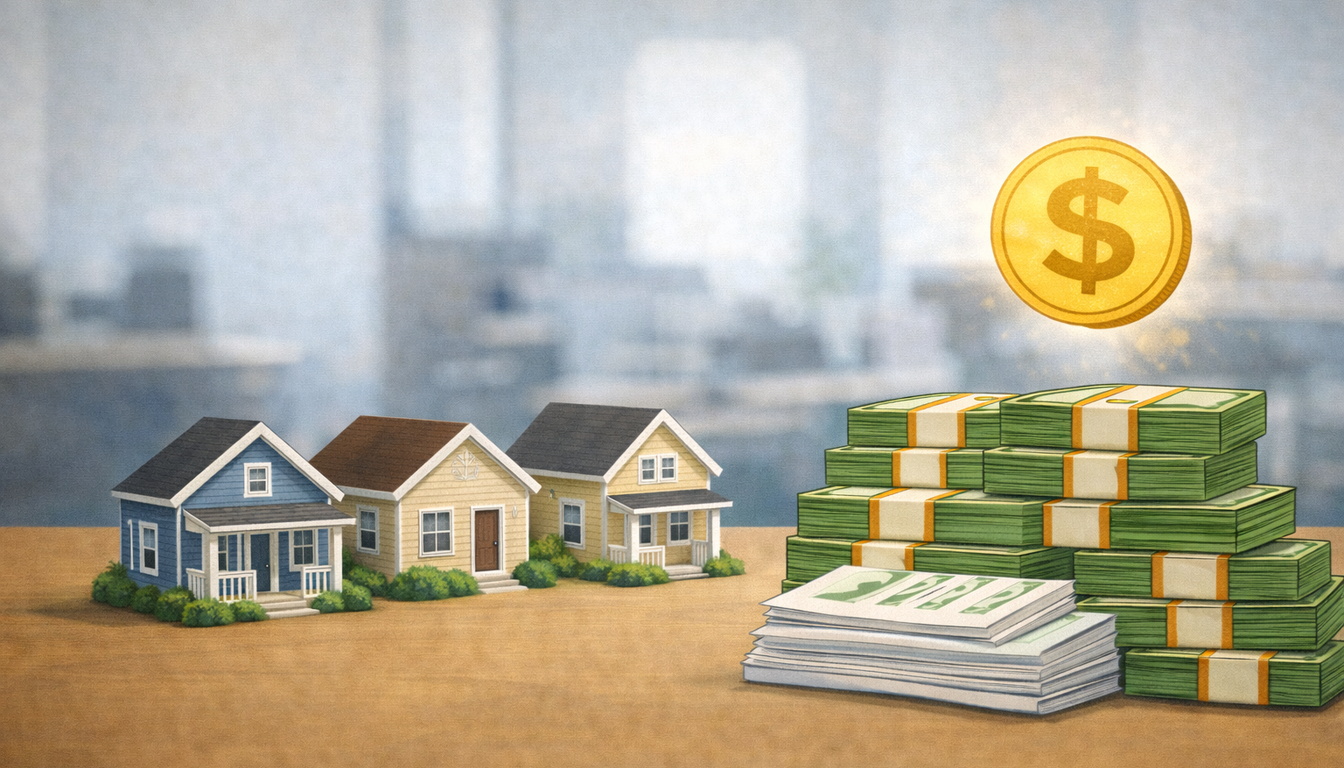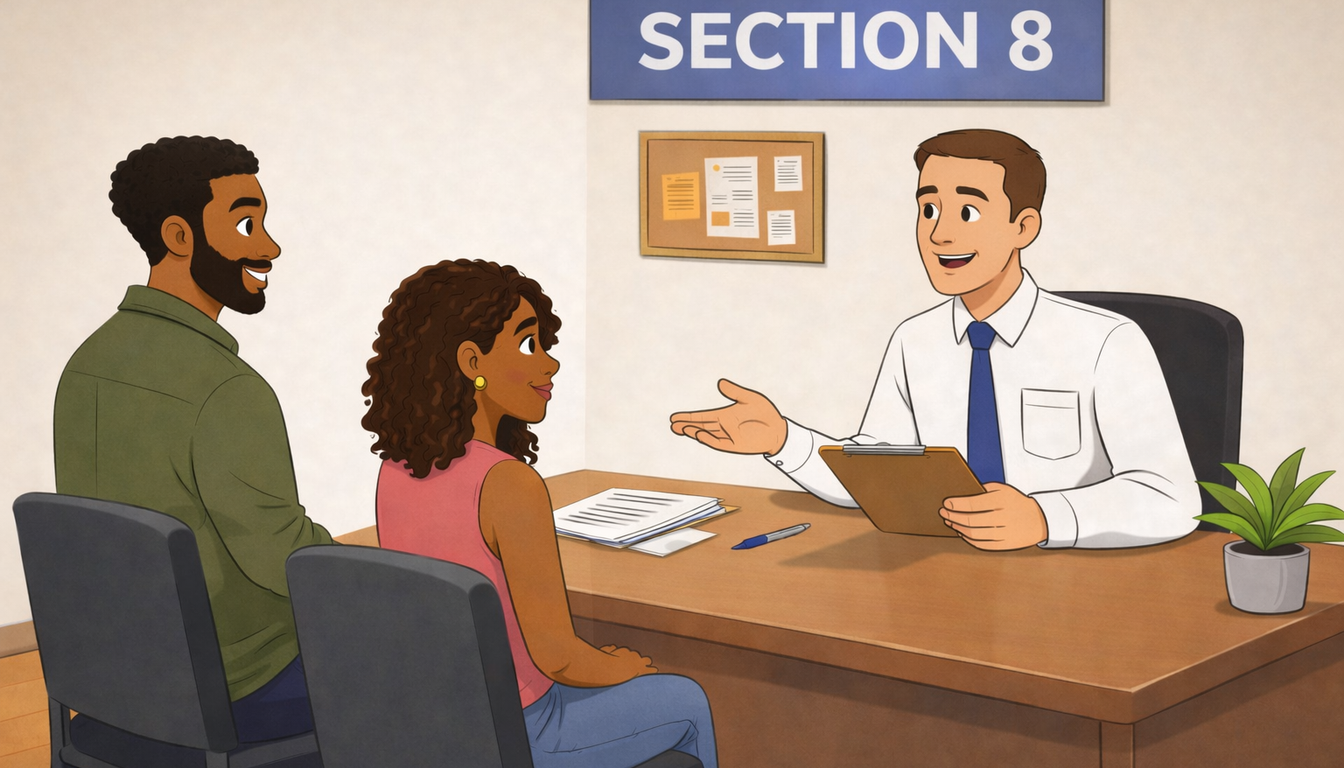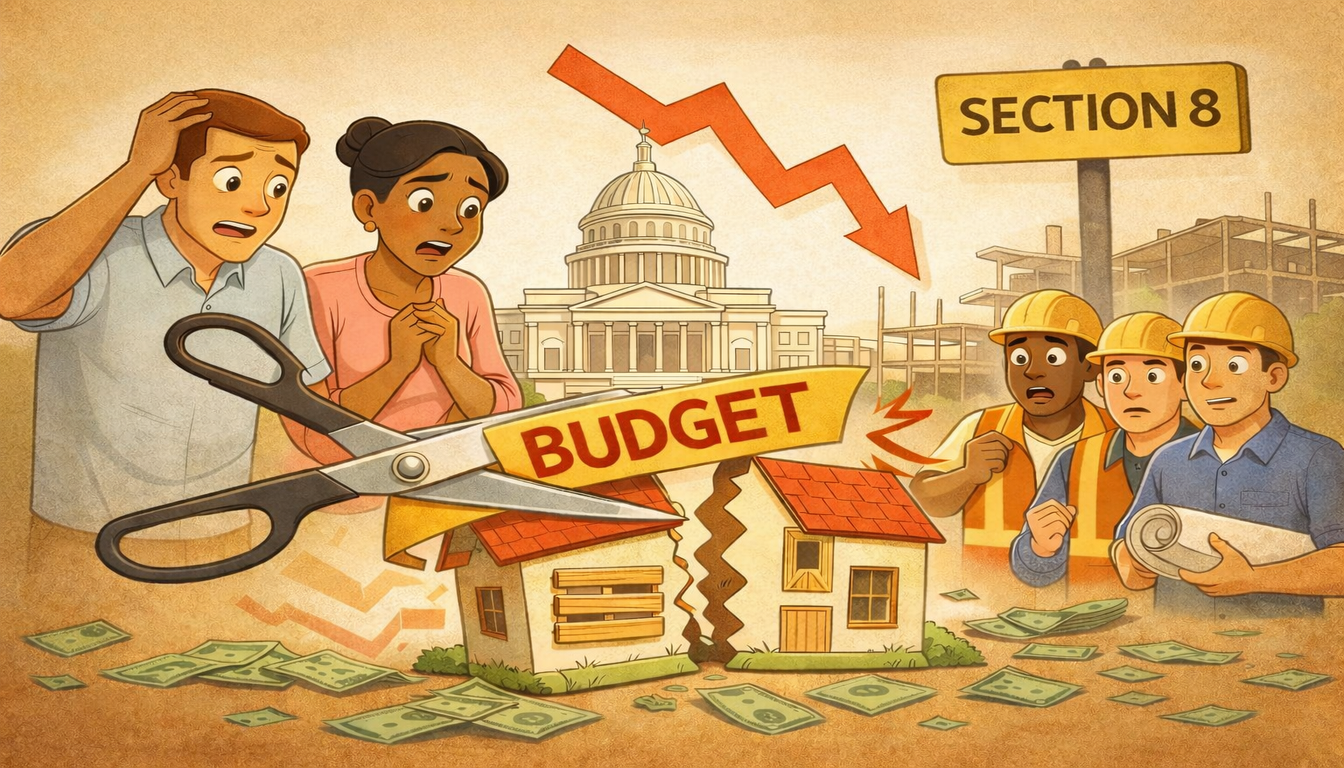
Having good credit can feel like an obstacle, especially when it comes to getting approved for housing. Even if you qualify for Section 8, your credit score still matters. Most landlords look at your credit history before deciding if they’ll rent to you—even when you have a Housing Choice Voucher. It’s frustrating, right? But the good news is that with the right tools and a little patience, you can build your credit score and boost your chances of landing a home.
Why Your Credit Score Matters for Section 8 Housing
A Section 8 voucher helps pay your rent, but it doesn’t guarantee that landlords will rent to you. One of the first things landlords check is your credit score. A poor credit history makes you look risky to them, even if most of your rent will be covered by the voucher. If they see missed payments, maxed-out credit cards, or other negative items on your credit report, they might decide not to take the risk.
You’re probably thinking, “Why does this matter if Section 8 will help me pay the rent?” Well, landlords want to be sure that, even with assistance, you can pay your portion of the rent. A bad credit score tells them you might not be reliable. So, improving your credit score is critical if you want to use your voucher to secure housing.
The Impact of Poor Credit on Affordable Housing
Let’s get real—poor credit can ruin your chances of finding a home. Many landlords won’t even consider applications from people with low scores. If you’ve been denied housing before, your credit score may have played a bigger role than you think.
Bad credit could mean:
- Getting rejected by landlords.
- Higher security deposits, sometimes double the usual amount.
- Limited housing choices, even with Section 8, as landlords tend to favor tenants with credit.
But it’s not all doom and gloom! If you’re determined to improve your credit score, it’s totally possible. The first step is understanding where you stand.
Steps to Build Your Credit
Now that you know your score, let’s talk about how to build it. Here are some key steps you can start working on today:
1. Check Your Credit
Before you can rebuild your credit, you have to know what your current situation is. A credit report will not only give you your score, but it will also show you all of your credit history, so you can see where you need to improve, what you need to fix, and where to focus your efforts.
2. Pay Your Bills On Time
Payment history is one of the biggest factors in your credit score. If you’re late on payments, your score takes a hit. Start setting up automatic payments or reminders to ensure you’re never late. Paying all your bills on time, from credit cards to utilities, can help raise your score quickly.
3. Consolidate and Eliminate Your Debt!
Thankfully there are ways out of debt, even if you have much more than you're comfortable with. Companies like Accredited Debt Relief that offer fast, easy approval to reduce your monthly payments by 40% or more on eligible debt. Accredited Debt Relief has no upfront fees to help you reduce your debt and become debt-free in 24-48 months. Reducing the burden of your debt is the first step towards achieving financial freedom, and a crucial one in making sure your Section 8 landlord is willing to rent to you! Too much debt can be a red flag to any landlord. So If you have over $20,000 in debt, make sure to consolidate it!
3. Lower Your Credit Card Balances
If your credit cards are maxed out or carrying high balances, it’s hurting your score. Start by paying down your balances as much as you can. Try to keep your credit usage below 30% of your total credit limit. This shows lenders (and landlords) that you’re managing your debt responsibly.
4. Build Good Credit
If your credit score is low one of the best ways to increase it is to use a credit builder loan or credit card service. Credit Builders can get you cash you need right away, and then report back to the credit bureaus positively as you make small payments. That way you increase your score and build good credit while getting financial help you may need now.

Section 8 and Credit: Why It’s So Important
Building your credit score takes time, but credit builder tools can speed up the process. These tools are designed to help people with no credit history or those who need to rebuild a low score. If you consistently use credit builders and other credit-improving strategies, you could see noticeable improvements in just 3 to 6 months.
1. How Credit Builders Work
Credit builders are small loans or credit cards specifically designed to help you build credit. You either borrow a small amount or use a secured card with a deposit. Each on-time payment is reported to the credit bureaus, which boosts your score.
If you don’t have a credit history, credit builder loans can give you a score within 6 months of on-time payments. This is faster than trying to build credit by simply paying bills because not all bills are reported to credit bureaus.
2. Payment History with Credit Builders
Since payment history is the biggest part of your credit score, using a credit builder to make regular, on-time payments can start showing results in 3 to 6 months. The longer you keep paying on time, the higher your score will go.
3. Lowering Credit Card Balances
If you have high credit card debt, credit builders can help you regain control. While paying down debt, using a credit builder card with a low balance can help improve your credit utilization ratio—ideally below 30%. Over a few months, this will positively affect your score.
4. Correcting Credit Report Errors
Using a credit builder tool alongside checking for errors on your credit report can accelerate the improvement process. If you catch and fix errors, such as incorrect missed payments, your score might jump within 30 days, while the credit builder continues helping in the background.
5. Patience with New Credit Accounts
Opening a credit builder account won’t make your score skyrocket immediately, but after 6 months of consistent payments, you’ll start to see results. Just remember to avoid applying for too many accounts at once, as this can temporarily lower your score.
Section 8 and Credit: Why It’s So Important
Let’s talk specifically about Section 8 and how bad credit could mess up your chances. Section 8 helps cover a big chunk of your rent, but landlords aren’t required to accept it. Many still want to see proof that you’re reliable when it comes to paying bills. That’s why improving your credit is crucial. If you have a poor credit score, landlords might worry that even with the voucher, you won’t be able to keep up with your portion of the rent.
Check out our post: Don’t Let Your Credit Score Ruin Your Section 8 Chances! for more tips on improving your credit to qualify for housing.
How to Find Housing with Section 8
Once your credit is in better shape, you’ll be in a stronger position to use your Section 8 voucher. But finding landlords who accept Section 8 can still be a challenge. Here’s what you can do:
- Search dedicated websites like Section8Search to find landlords who already accept vouchers.
- Network with other voucher holders to find good leads.
- Check local housing authorities for a list of Section 8-friendly properties.
FAQ: Building Credit for Section 8 Housing
1. Can I get approved for Section 8 housing with bad credit?
Yes, you can get a Section 8 voucher, but landlords often check credit scores before approving tenants. Bad credit could limit your housing options.
2. What’s the minimum credit score for renting with Section 8?
There’s no set minimum, but many landlords prefer a score of 620 or higher. Improving your score will open more doors.
3. How can I improve my credit fast for Section 8 housing?
Pay your bills on time, lower your credit card balances, and avoid applying for new credit. These are the quickest ways to boost your score.
4. Does Section 8 check my credit?
No, Section 8 doesn’t check your credit, but individual landlords often do. That’s why it’s important to improve your score before applying for housing.
5. How long does it take to improve my credit score?
It depends on your current score, but with consistent efforts, you could start seeing improvements within a few months.
Building your credit is one of the most important steps to securing housing, especially if you’re using a Section 8 voucher. Don’t let your credit score hold you back—start taking steps today to improve it and open up more housing options!
Navigating the Section 8 housing process can feel overwhelming, and that's where Section 8 Search comes in. We're more than just a listing website; we're a dedicated resource designed to make finding housing under the Housing Choice Voucher Program straightforward and stress-free. Our platform offers user-friendly tools to explore listings and waiting list statuses nationwide, all built on official HUD data. We're also passionate about providing clear, helpful information and guidance, empowering you with the knowledge you need to understand eligibility, complete your application, and confidently navigate your housing journey.






.png)
.png)
.jpg)



.png)
.png)
.png)





.png)